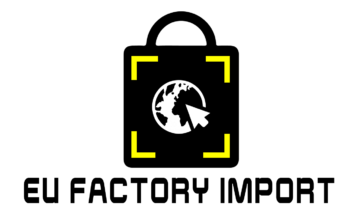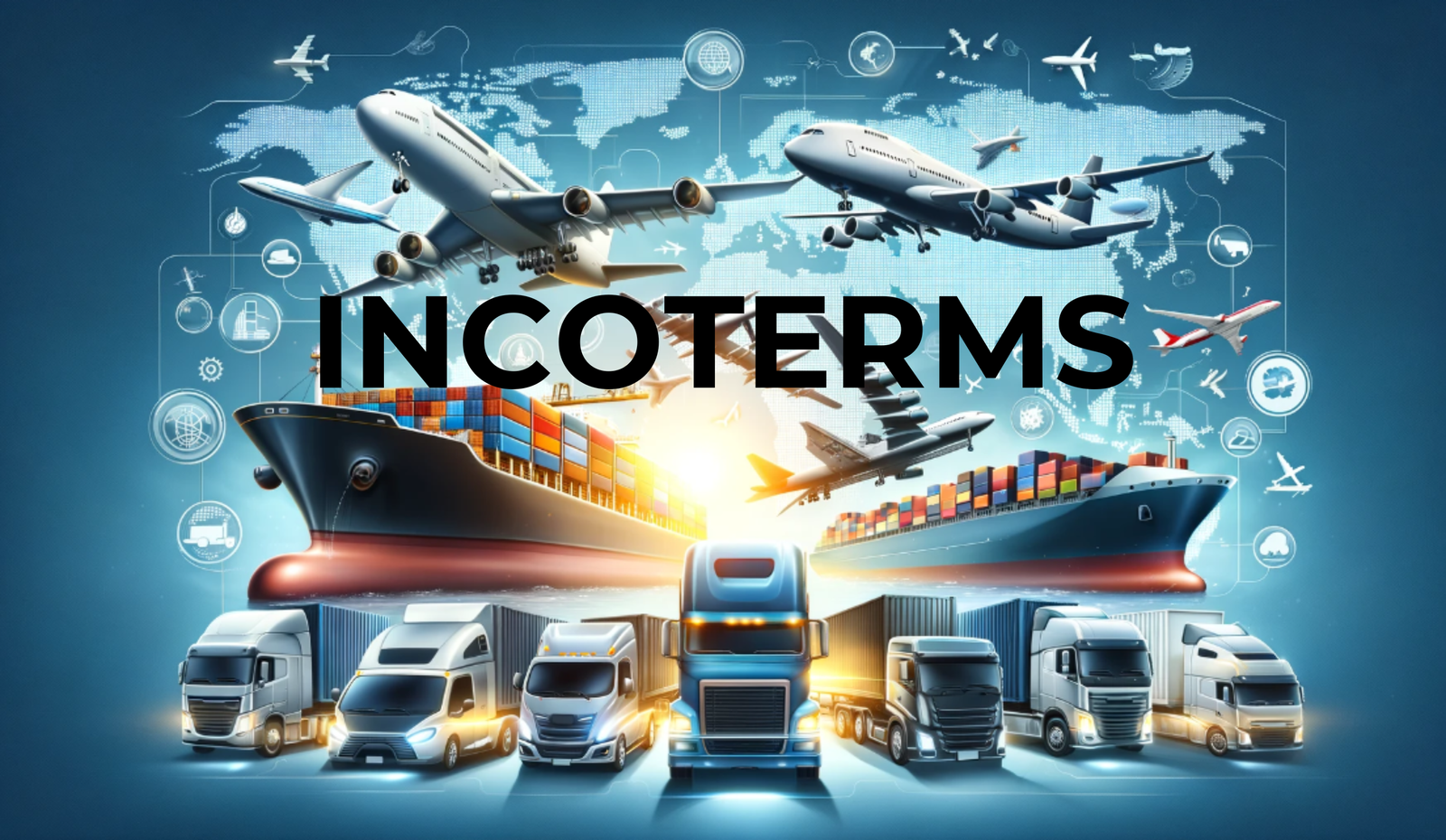International trade is a complex field, governed by a myriad of rules and regulations. Among the most crucial components of global trade are Incoterms, or International Commercial Terms, which play a vital role in determining the responsibilities and risks of buyers and sellers in the international shipping process. This article provides an in-depth look at Incoterms, explaining their importance, the various terms used, and how they impact global trade.
What are Incoterms?
Incoterms are a set of standardized trade terms published by the International Chamber of Commerce (ICC). First introduced in 1936, Incoterms are designed to facilitate international trade by clearly defining the responsibilities of buyers and sellers for the delivery of goods. They address various aspects of shipping, including the point of delivery, transfer of risk, insurance, and who bears the costs of freight and other logistics.
Why are Incoterms Important?
Incoterms are essential for several reasons:
- Clarity and Precision: They provide clear definitions of responsibilities and costs, reducing the potential for misunderstandings and disputes between buyers and sellers.
- Risk Management: They outline when the risk of loss or damage to goods transfers from the seller to the buyer, helping both parties manage and mitigate risks.
- Cost Allocation: They specify who is responsible for various costs, including transportation, insurance, and customs duties, enabling accurate pricing and budgeting.
- Legal Framework: Incoterms are recognized globally, providing a common legal framework that facilitates smooth and efficient international trade.
Overview of Incoterms 2020
The latest version of Incoterms, known as Incoterms 2020, includes 11 terms divided into two categories based on the mode of transport:
Incoterms for Any Mode of Transport
- EXW (Ex Works): The seller makes the goods available at their premises. The buyer bears all costs and risks involved in transporting the goods from the seller’s location to the destination.
- FCA (Free Carrier): The seller delivers the goods to a carrier or another person nominated by the buyer at the seller’s premises or another named place. The risk transfers to the buyer once the goods are delivered.
- CPT (Carriage Paid To): The seller pays for the carriage of the goods to the named destination. The risk transfers to the buyer when the goods are handed over to the first carrier.
- CIP (Carriage and Insurance Paid To): Similar to CPT, but the seller also arranges and pays for insurance against the buyer’s risk of loss or damage during carriage.
- DAP (Delivered at Place): The seller delivers the goods when they are placed at the disposal of the buyer at the named place of destination. The seller bears all risks involved in bringing the goods to the destination.
- DPU (Delivered at Place Unloaded): The seller delivers and unloads the goods at the named place of destination. The seller bears all risks and costs associated with delivery and unloading.
- DDP (Delivered Duty Paid): The seller bears all costs and risks involved in delivering the goods to the destination, including duties, taxes, and customs clearance.
Incoterms for Sea and Inland Waterway Transport
- FAS (Free Alongside Ship): The seller delivers the goods alongside the vessel at the named port of shipment. The buyer bears all costs and risks from that point onward.
- FOB (Free on Board): The seller delivers the goods on board the vessel nominated by the buyer. The risk transfers to the buyer once the goods are on board.
- CFR (Cost and Freight): The seller pays for the cost and freight to bring the goods to the port of destination. The risk transfers to the buyer once the goods are on board the vessel.
- CIF (Cost, Insurance and Freight): Similar to CFR, but the seller also provides insurance against the buyer’s risk of loss or damage during transit.
Choosing the Right Incoterm
Selecting the appropriate Incoterm is crucial for ensuring smooth international transactions. Here are some factors to consider when choosing an Incoterm:
- Mode of Transport: Determine whether the goods will be transported by sea, air, rail, or road, as some Incoterms are specific to sea and inland waterway transport.
- Level of Control: Decide how much control you want over the shipping process. For example, terms like EXW give the buyer maximum control, while DDP places more responsibility on the seller.
- Cost Allocation: Consider which party is better positioned to manage and bear the costs associated with transportation, insurance, and customs duties.
- Risk Management: Assess which party can better manage the risks associated with the shipment. Terms like CIF and CIP provide insurance coverage, which might be beneficial for certain transactions.
Benefits and Challenges of Using Incoterms
Benefits
- Standardization: Incoterms provide a standardized set of terms recognized globally, facilitating smoother negotiations and transactions.
- Reduced Disputes: By clearly defining responsibilities, costs, and risks, Incoterms help reduce the potential for disputes between trading partners.
- Efficiency: They streamline the shipping process by setting clear expectations and responsibilities for each party.
Challenges
- Complexity: Understanding and correctly applying Incoterms can be complex, particularly for those new to international trade.
- Misinterpretation: Incorrect interpretation or use of Incoterms can lead to misunderstandings and disputes.
- Changes in Regulations: International trade regulations and practices can change, requiring businesses to stay updated with the latest version of Incoterms.
Best Practices for Using Incoterms
- Educate Your Team: Ensure that your team is well-versed in the latest Incoterms and understands how to apply them correctly.
- Consult Experts: Work with legal and trade experts to choose the right Incoterms and ensure compliance with international trade regulations.
- Clear Communication: Clearly communicate the chosen Incoterm in all contracts and shipping documents to avoid misunderstandings.
- Regular Updates: Stay informed about updates to Incoterms and international trade practices to ensure your business remains compliant and competitive.
Conclusion
Incoterms are an essential component of international trade, providing a standardized framework that helps businesses manage risks, costs, and responsibilities effectively. Understanding and correctly applying Incoterms can significantly enhance the efficiency of your global trade operations, reduce disputes, and ensure smoother transactions. By educating your team, consulting experts, and staying updated with the latest regulations, you can leverage Incoterms to optimize your international shipping processes and achieve success in the global marketplace.
Whether you are a seasoned importer/exporter or just starting in international trade, mastering Incoterms is a vital step towards ensuring your business’s smooth and profitable global operations.

